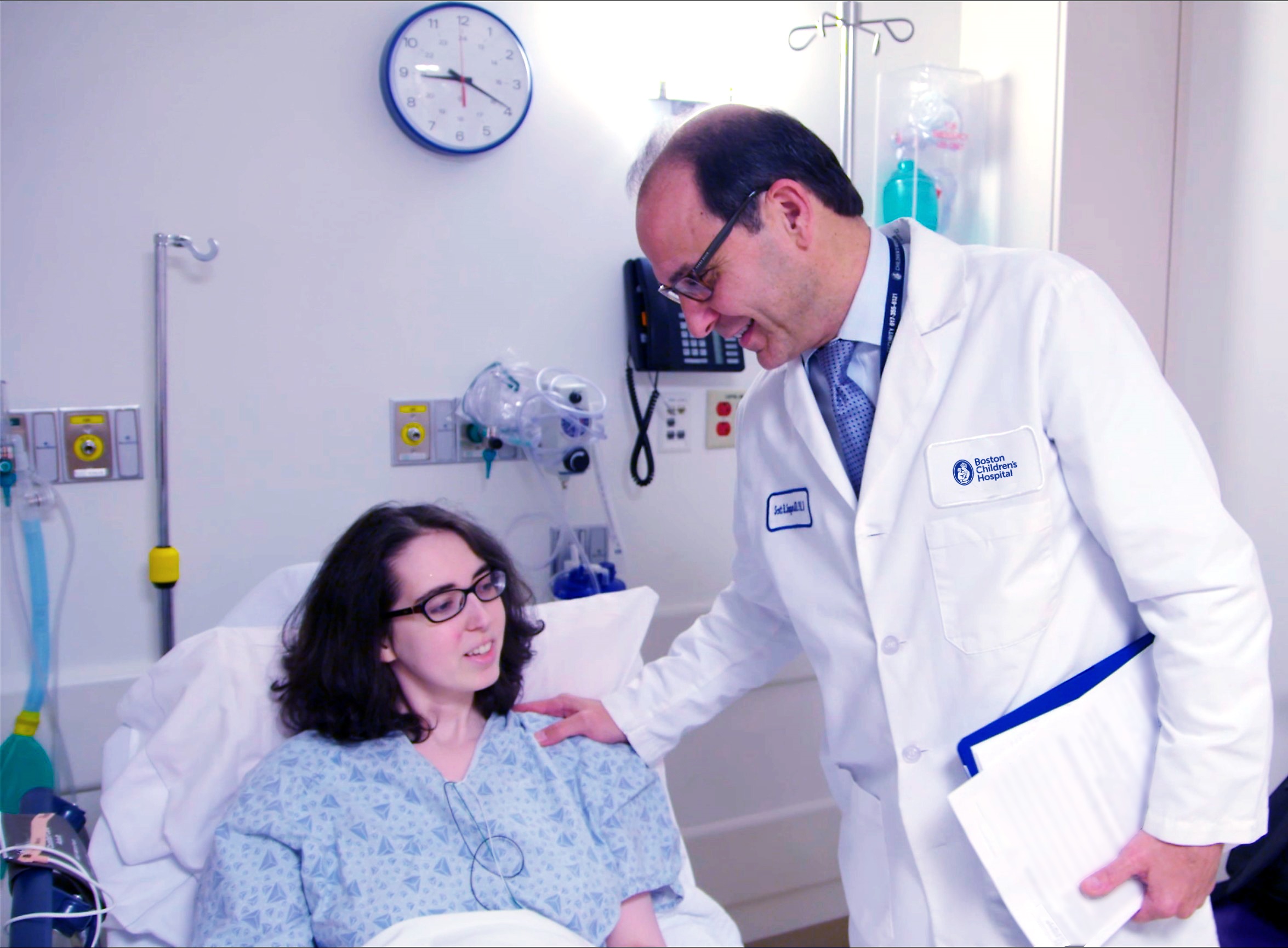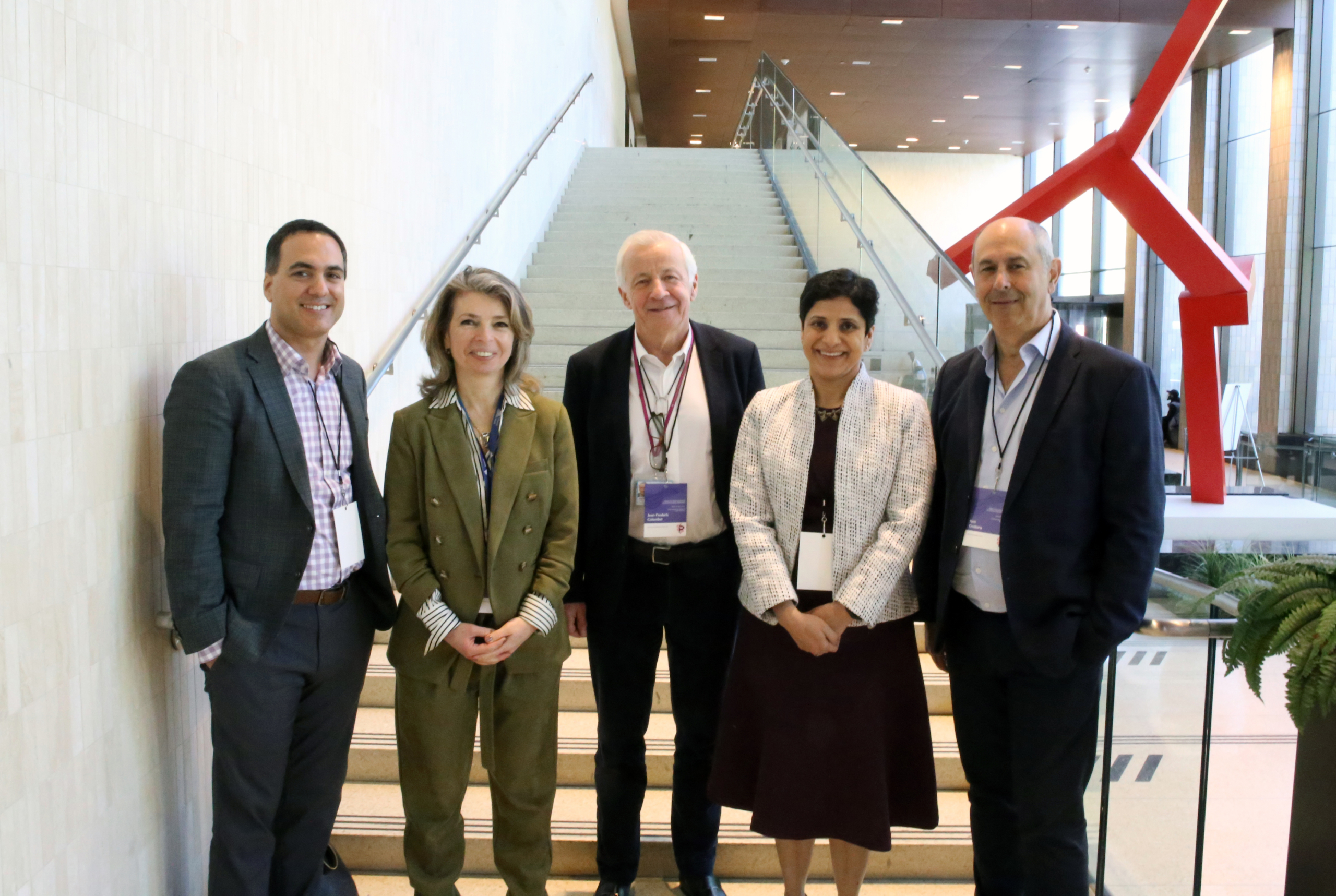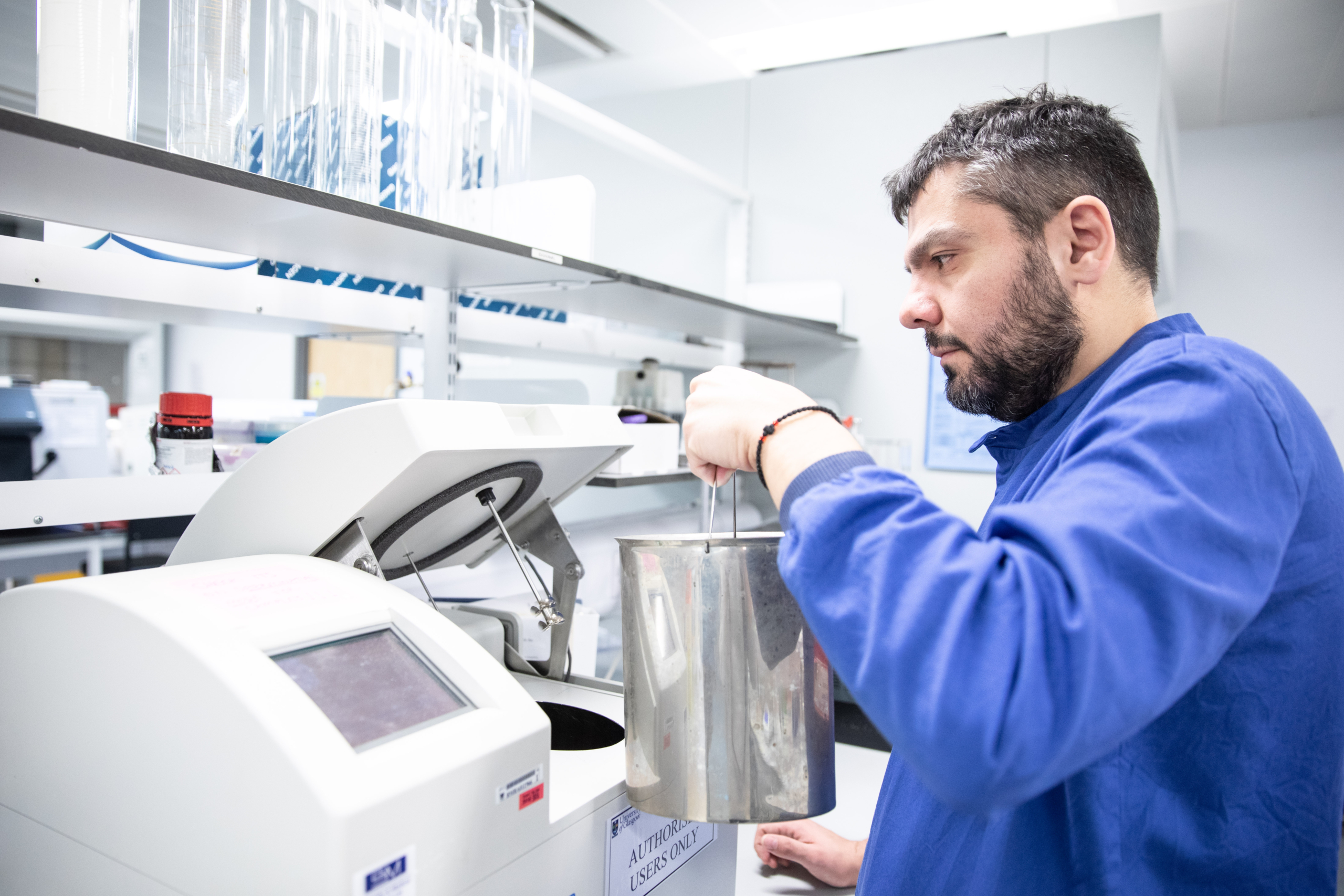Notably, the increase in incidence is particularly rapid in those regions of Africa, Asia, and South America that are also undergoing shifts from a traditional to a more Western diet and lifestyle, suggesting that the environment affects disease risk. Environmental factors – such as diet, antibiotic use, or infections – can increase risk on an individual level, whereas societal trends like urbanization can alter risk on a population level.
We support international research initiatives that will improve our understanding of the environmental component of Crohn’s disease to uncover further its root causes and to identify how the disease develops. Studying what factors are driving the global increase in Crohn’s disease could provide important new insights for prevention.
Understanding the Role of Diet
Among the known environmental risk factors for Crohn’s disease, diet is one that impacts the composition and function of the trillions of microorganisms that inhabit the gut, collectively known as the microbiome. We fund research to accelerate our understanding of the role of the gut microbiota and the diet-host-microbiota interactions in Crohn’s disease. Our goal is to identify dietary interventions that can improve the course of the disease, which could have both immediate and lasting benefits for disease management.
An important step in ultimately preventing Crohn’s disease will be the accurate identification of individuals who are at future risk; that is, to prevent, we must first accurately predict. We want to predict the likelihood of someone ever developing it. We want to predict the time period in which clinically apparent disease will appear. And we want to predict the development of complications. Preventing any disease is difficult, but Helmsley is heavily invested in supporting the research and development of preventive strategies for Crohn’s disease. The challenge is significant, but the potential reward is great. By understanding how the disease develops and by developing safe and effective strategies for intervention, we can focus on efforts to prevent onset, recurrence, or progression, and reduce complications of the disease.










